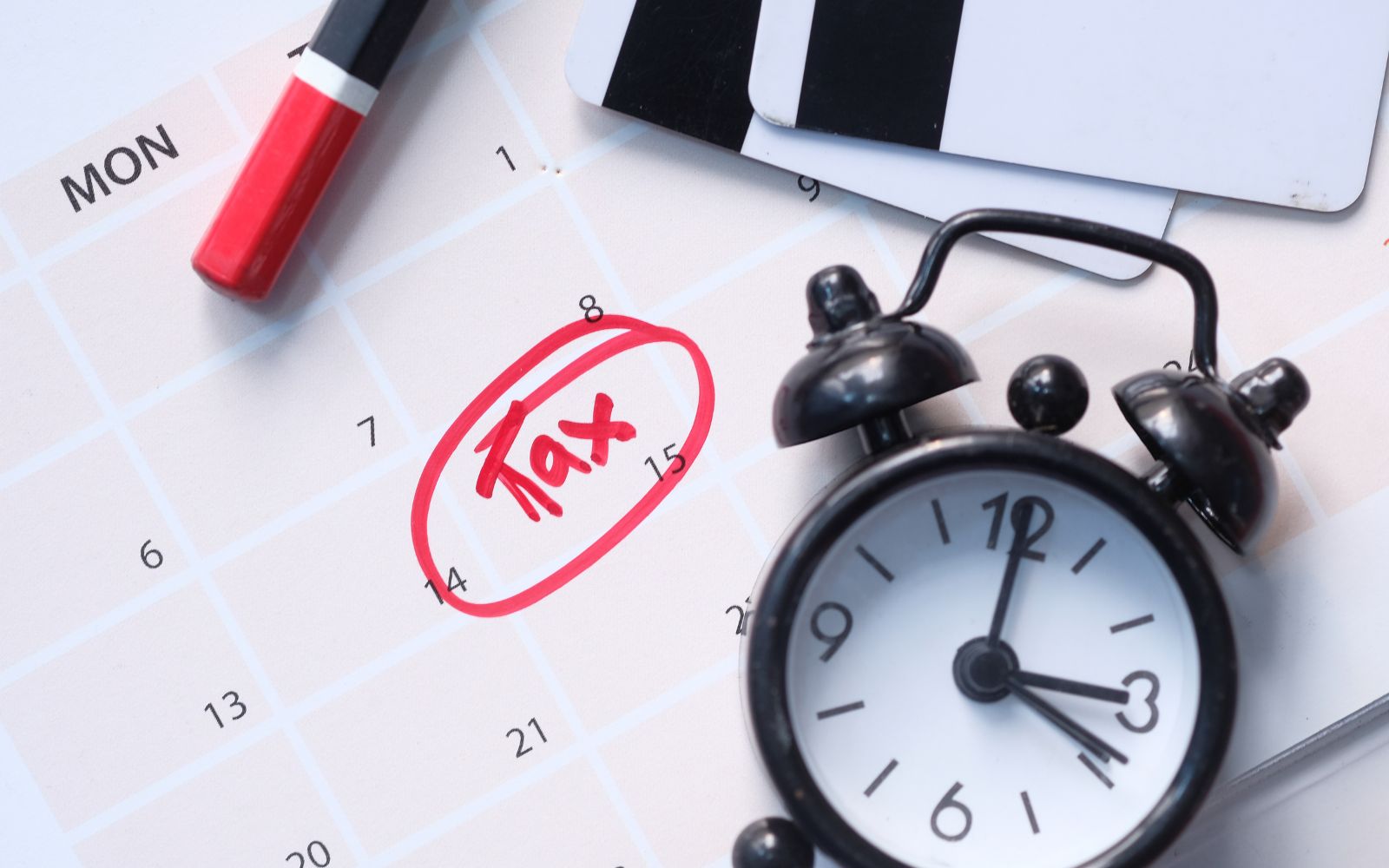What’s The Tax Rate For A Limited Company?

When deciding whether to incorporate a company, operate as a sole trader, form a partnership or otherwise start a business with an alternative legal structure, it helps to have a clear idea of what the tax rate for an LTD is.
What is a limited company?
The key characteristic of a limited company is that it constitutes a separate legal ‘person’ from its owners and directors. They are not personally responsible and normally can’t be held accountable for the company’s actions, finances and liabilities.
The term ‘Limited Liability’, in fact indicates that directors are only responsible for business debts up to the value of their investments. Owners and directors can be the same person and, in fact, very often they are.
Limited companies can be of two main kinds:
- Companies that are limited by shares, are normally ‘for profit’ business with shares and shareholders. Profits made after tax can be reinvested, kept or paid as dividends to the shareholders.
- Companies that are limited by guarantee tend to be ‘not for profit’ and have guarantors. The profits made have to be reinvested into the company.
How much corporation tax does a limited company pay?
Currently, Corporation Tax for limited companies is 19%.
That has to be paid on total business profits (excluding allowable business expenses). Limited companies are not required to pay income tax or national insurance.
Therefore, for example, if within one tax year a company earns £180,000 in revenue and only spends £80,000, their profit before tax will be $100,000. Corporation Tax works out at £19,000 which makes profit after tax £81,000.
Starting in April 2020, the Corporation Tax rate will decrease to 18%. You can always check the current and future tax rates on the Gov.uk Corporation Tax page.
How does tax on dividends work for limited companies?
If your profit after tax is still positive, your company can distribute those earnings to the shareholders with what’s called a dividend.
While the company itself is not due any tax on dividends paid, the shareholders who receive dividends may have to pay income tax and national insurance based on their personal tax allowance. This will be calculated when they complete their annual self-assessment.
The information available on this page is of a general nature and is not intended to provide specific advice to any individuals or entities. We work hard to ensure this information is accurate at the time of publishing, although there is no guarantee that such information is accurate at the time you read this. We recommend individuals and companies seek professional advice on their circumstances and matters.




